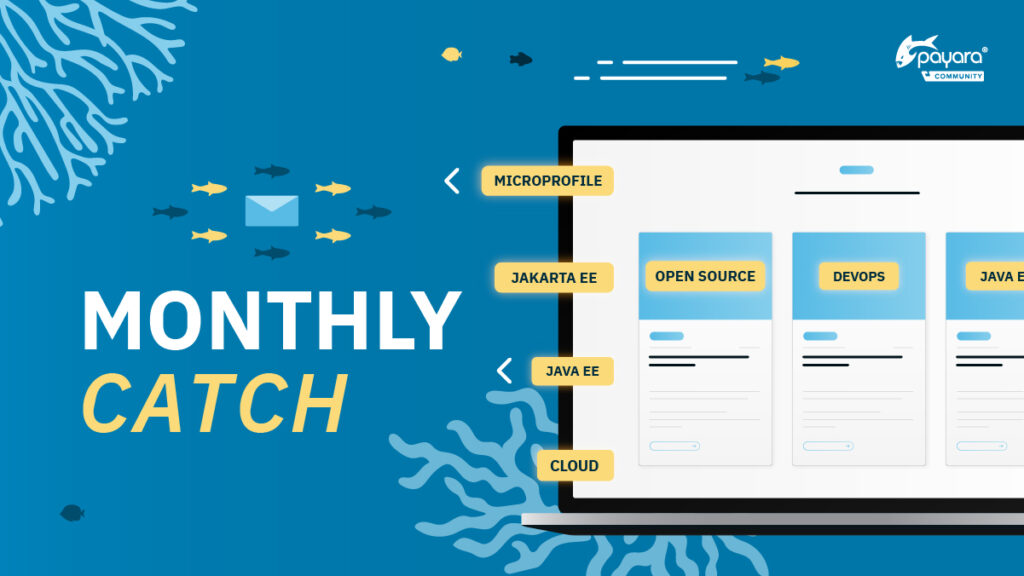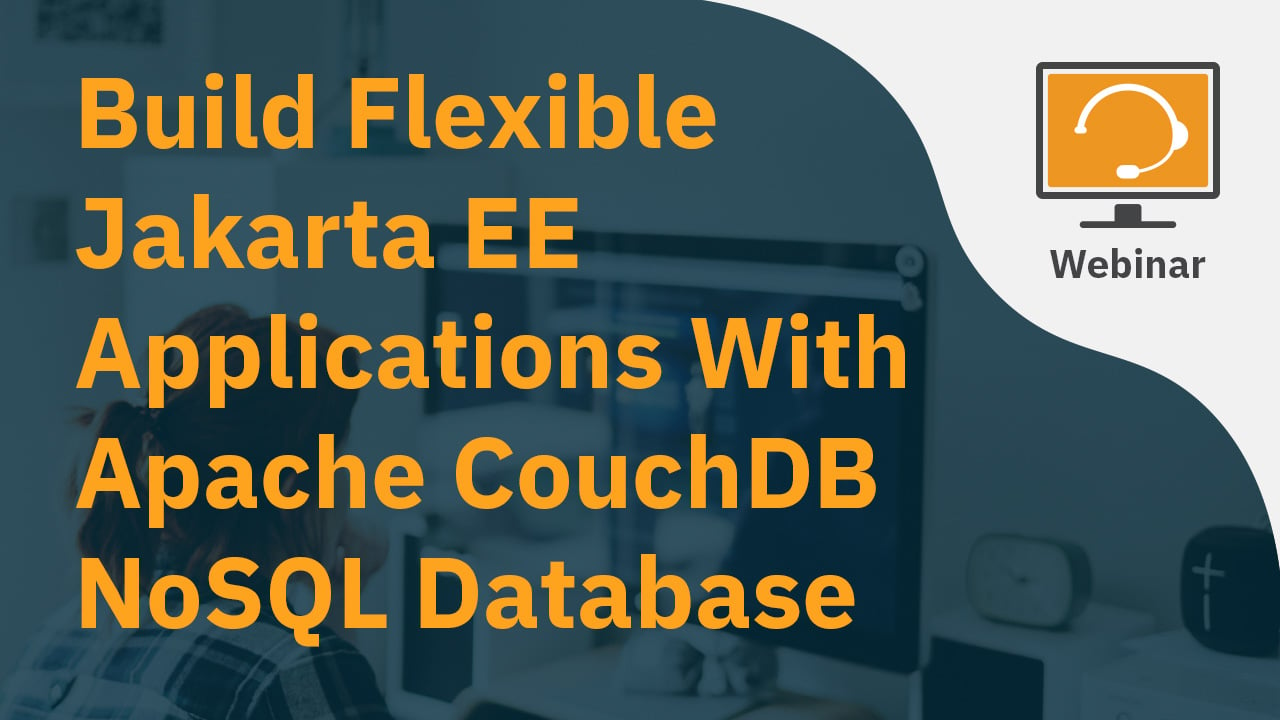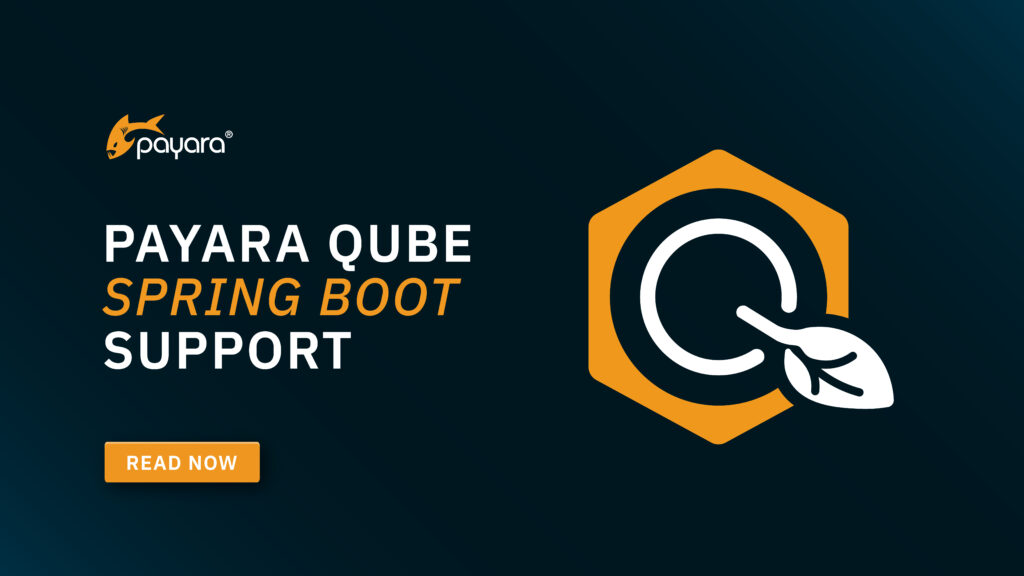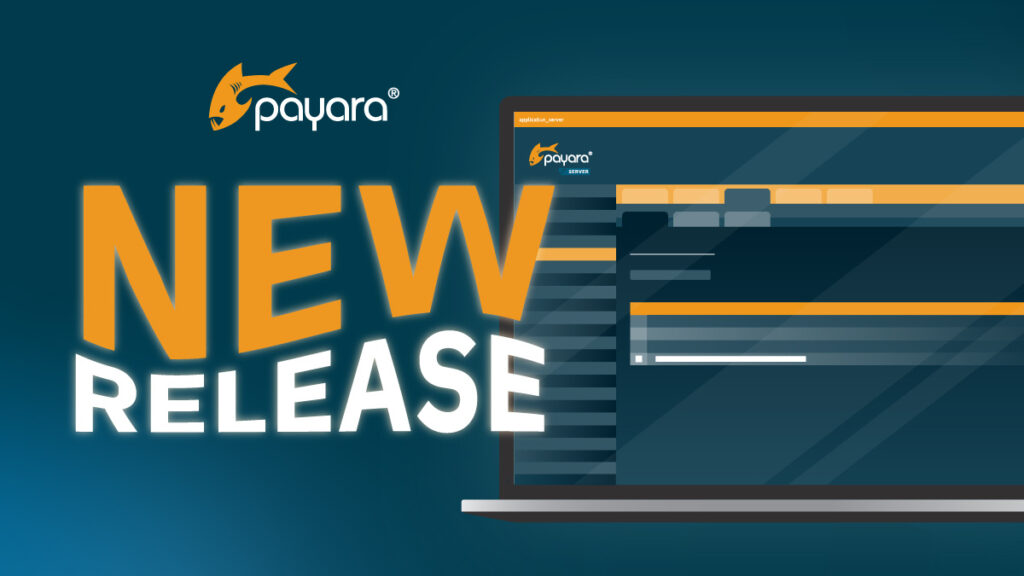 5 minutes
5 minutes
The Payara Monthly Catch – January 2026
Published a little later than usual due to a busy conference season, this edition looks back at the key […]


Are you a Jakarta EE developer interested in leveraging the power of NoSQL databases for your applications? This webinar is designed specifically to introduce you to the world of NoSQL through CouchDB, a high-performance, scalable database ideal for cloud-native applications.
CouchDB is a NoSQL database used in distributed and cloud environments. It uses a schema-free JSON document format, which allows for more flexible and efficient data models. With features like Multi-Version Concurrency Control (MVCC) for high data integrity, and a RESTful HTTP API for seamless integration, CouchDB stands as a compelling choice for Jakarta EE applications looking to adopt a NoSQL database.
By the end of this webinar, you’ll walk away with the skills and knowledge to integrate CouchDB into your Jakarta EE applications. Whether you’re new to NoSQL databases or looking to optimize your existing Jakarta EE applications, this webinar will provide you with actionable insights to take your projects to the next level with the power and flexibility of NoSQL databases!
 5 minutes
5 minutes
Published a little later than usual due to a busy conference season, this edition looks back at the key […]
 4 minutes
4 minutes
Spring Framework 7 and Spring Boot 4 officially arrived, marking a key milestone for the Java ecosystem. From improved startup performance and modularization to native-image […]
 3 minutes
3 minutes
As we begin 2026, we’re pleased to announce new releases across all Payara Platform editions this January: Payara Platform […]